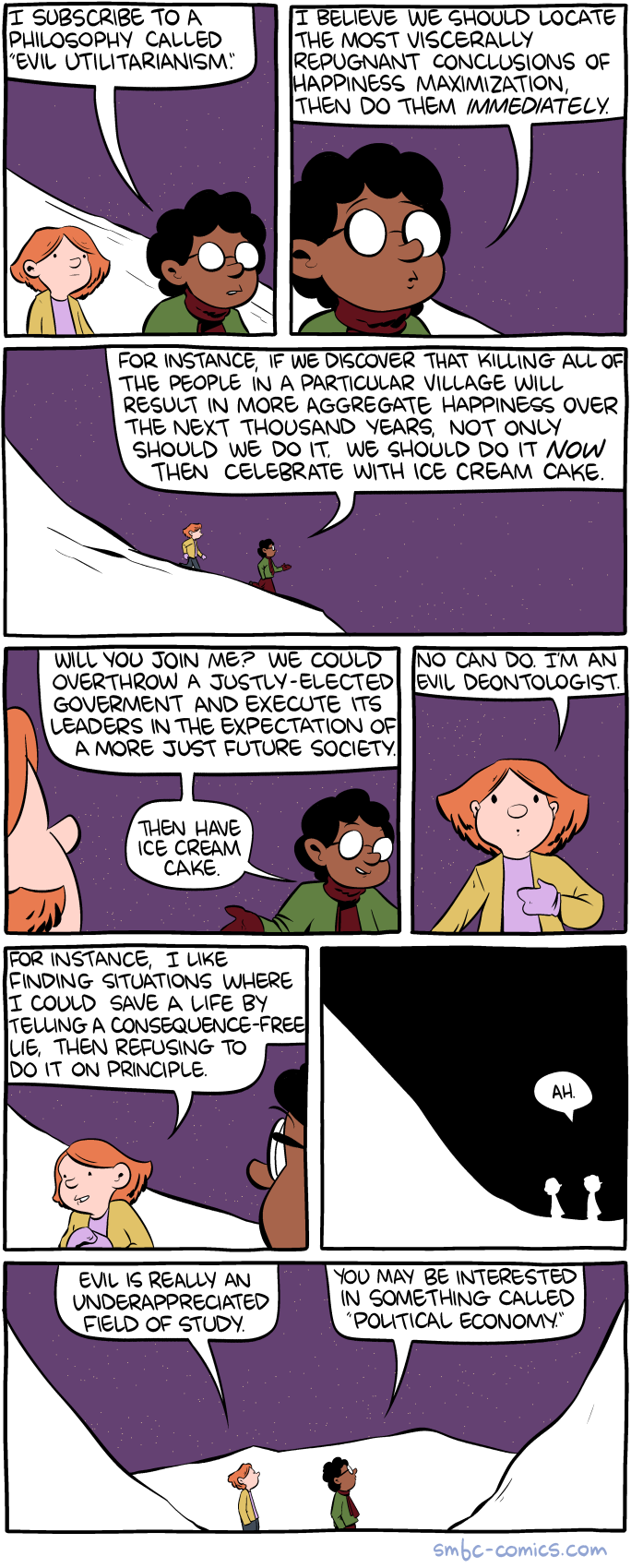Sunday, 4 June 2017 - 7:53pm
This week, I have been mostly reading:
- Content Addressing is Magic — Brewster Kahle:
Content Addressing starts by processing a digital file into a “hash” which is roughly 64Bytes, or 64 character long string of numbers (using sha256). This hash is has amazing properties– given a hash you can confirm that a digital file matches it, further given a hash it is very very difficult to create the digital file. And, here is the kicker, given a hash it is almost impossible to create a second digital file that matches it, but was not exactly the same as the original. […] Why this can be important [is] that materials can be served from many places, served from libraries and archives, and keep permanently available long after the original server is gone.
- We’re Wealthier Now, We Can’t Afford That Anymore — Peter Cooper, the heteconomist:
Have you noticed how things we used to be able to do are beyond our capabilities now? We finally reached a point where we were able to provide free university education. Then we grew wealthier, and some countries couldn’t afford it anymore. Some of us still have universal public health care systems, but they’re increasingly a chronic burden. Maybe they made sense once, but it’s only a matter of time before they go. Sure, Cuba can do it, but they’re poorer than us.
- Change my power supplier? I haven’t got the energy — David Mitchell in the Guardian:
Come on, there are over 40 suppliers to look at! They each have several different tariffs! You need to be checking them all out several times a year, working out what they would each mean for your specific home and energy consumption, making a decision and then embarking on the administrative process of changing supplier. If you don’t, the privatisation of the utilities will look like it doesn’t work! Get on with it – you’re making Margaret Thatcher look stupid!
- Towards an Anarchist Money and Monetary System: An Interview with Nathan Cedric Tankus — Alexander Kolokotronis, New Politics:
Let me put my cards on the table: I think societies need a common measure for accounting purposes to do economic calculations and a general system of distribution. For various reasons I think that labor measures, energy measures, etc. are inadequate for the job (although I think statistical work on how much energy is needed to produce varieties of outputs is important). Thus, a monetary unit of account is the worst unit of account, except for all the others. I do not think this is a concession to the capitalist mode of production and this is where I disagree with a great many Marxist and radical thinkers. Traditionally, the existence of markets has been conflated with capitalism.
- Economists versus the Economy — Robert Skidelsky scores no points with the conventional wisdom that there are at present "virtually no usable macroeconomic tools", but I can't fault the punchline:
What unites the great economists, and many other good ones, is a broad education and outlook. This gives them access to many different ways of understanding the economy. The giants of earlier generations knew a lot of things besides economics. Keynes graduated in mathematics, but was steeped in the classics (and studied economics for less than a year before starting to teach it). Schumpeter got his PhD in law; Hayek’s was in law and political science, and he also studied philosophy, psychology, and brain anatomy. Today’s professional economists, by contrast, have studied almost nothing but economics. They don’t even read the classics of their own discipline. Economic history comes, if at all, from data sets. Philosophy, which could teach them about the limits of the economic method, is a closed book. Mathematics, demanding and seductive, has monopolized their mental horizons. The economists are the idiots savants of our time.
- Evil Ethics — Saturday Morning Breakfast Cereal by Zach Weinersmith:

-
On the Ridiculous Notion that the Federal Reserve is a Private Bank and Concerning Those Persons Who Peddle the Nonsense – My Final Words on the Subject — Ellis Winningham:
By perpetuating mindless, ridiculous notions concerning the Federal Reserve that a six year old child can make up in his or her mind, you are obstructing progress; you are preventing federal deficit spending for full employment and the public purpose; you are helping to move GDP to capital; you are leaving people homeless in sub-zero weather; you are perpetuating poverty and hunger; you are keeping us idle while the climate declines; you are killing people by refusing to ask questions, listen and learn, and instead, preferring to live a life of pretense. A lack of an overall education, or a lack of education in monetary theory and macroeconomics is no excuse for making up explanations that you are able to understand.